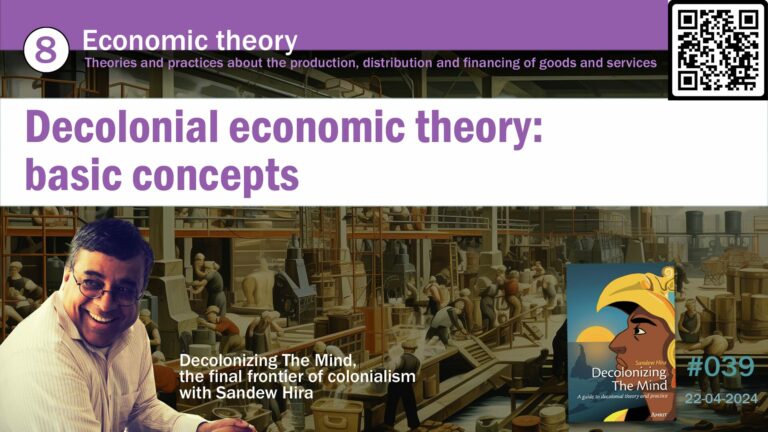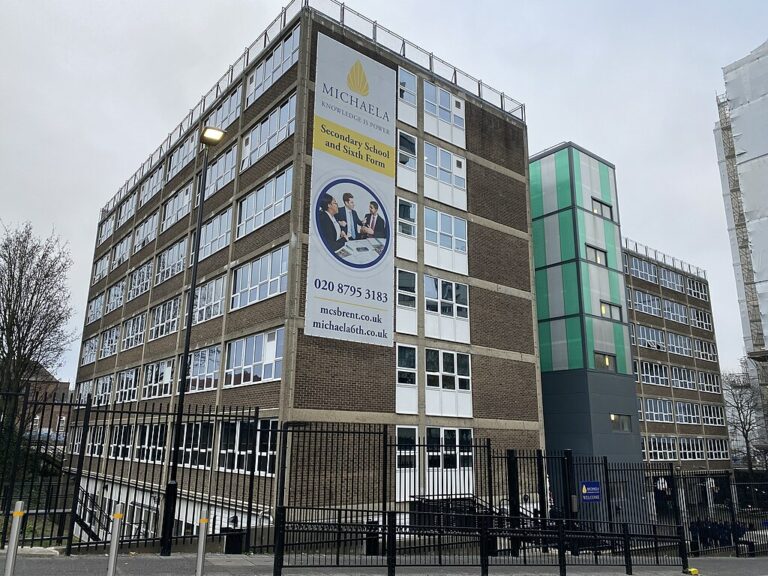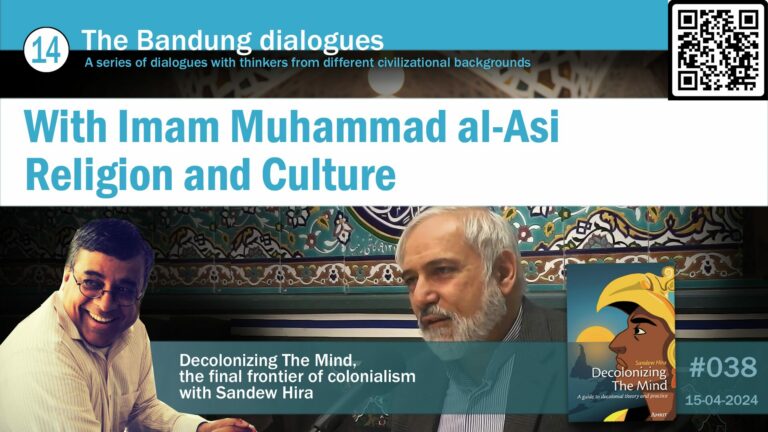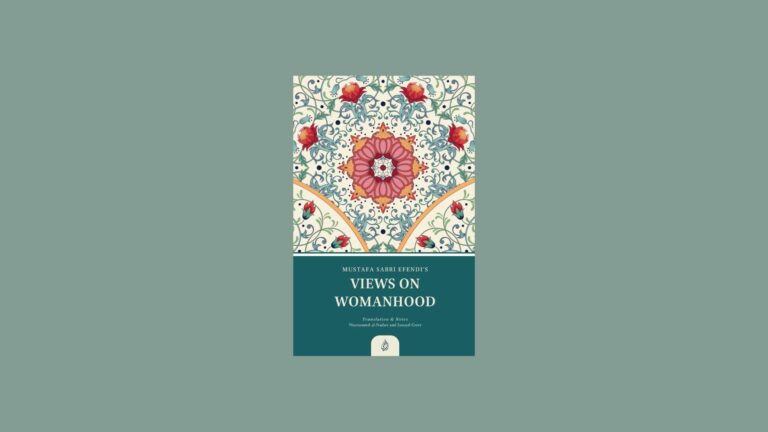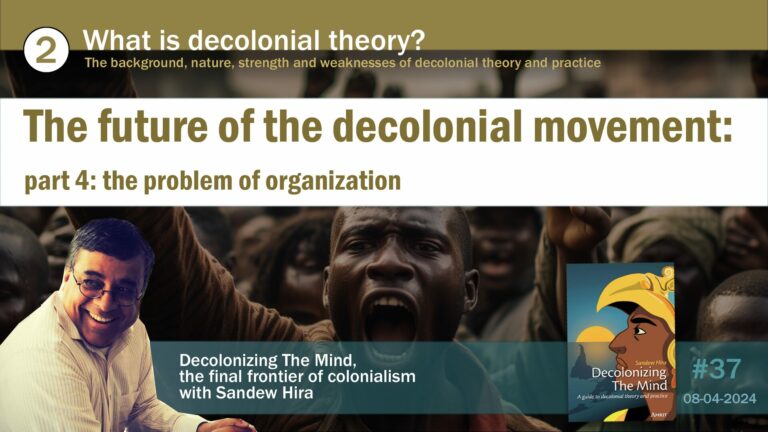This page provides the key documents, video and links in the Countering Islamophobic Narratives project (CIK) that was undertaken in 2017 – 2018.
The author of research on Hungary was Dr Zsuzsanna Vidra.* Watch the research author Dr Zsuzsanna Vidra present their findings at the European Parliament in September 2018.
Workstream 1 looked at the Ten Dominant Narratives of Islamophobia in Hungary, looking at the historical and contemporary roots of anti-Muslim thinking, policy and practice in the national context.
The paper aims to give an overview of the major Islamophobic narratives identified in political and media discourses in Hungary. As it will be discussed, Islamophobia had not been a relevant issue till the 2015 migration crisis primarily due to the very small scale immigration and small size immigrant population (under 2% of total population) and an even smaller size Muslim population (estimated between 0,1-0,3%). It was in 2015 with the migration crisis that the national-conservative government politically identifying itself as illiberal launched a fierce anti-immigration campaign that also gave rise to anti-Muslim narratives. Political analysts describe the Hungarian illiberal regime as populist that is in constant need to create new enemies. The Islamophobia generated around the migration crisis will thus be interpreted in the political context of the populist illiberal regime.
Download it here [37 pages].
Read a short commentary and summary on those findings [external link] – Dominant Islamophobic Narratives in Hungary
Workstream 2 looked at the Ten Dominant Counter-Narratives of Islamophobia in Hungary, based on interviews with practitioners, lawyers, academics, political actors, NGOs, journalists and others.
… to understand the larger picture about how populism – and along that the antirefugee/migrant and anti-Muslim rhetoric – can be confronted, it should also be addressed whether repoliticisation of the migration issues is being done. As Mudde (2016) claims “to stem the populist tide, establishment politicians will have to heed the call to repoliticise the crucial issues of the twentyfirst century, such as immigration, neoliberal economics, and European integration, bringing them back into the electoral realm and offering coherent and consistent alternatives to the often shortsighted and simplistic offerings of the populists” (Mudde, 2016: 30).
Download it here [37 pages].
Workstream 3 is a summary report [12 pages] aimed at policymakers overviewing the findings and the actions needed to tackle Islamophobia. Download it here in Hungarian, here in English.
Return to the IHRC index.
* These reports were produced by a partner organisation in the Counter Islamophobia Toolkit project, not IHRC. All views expressed are the author’s own and cannot be attributed to IHRC or the European Commission.


